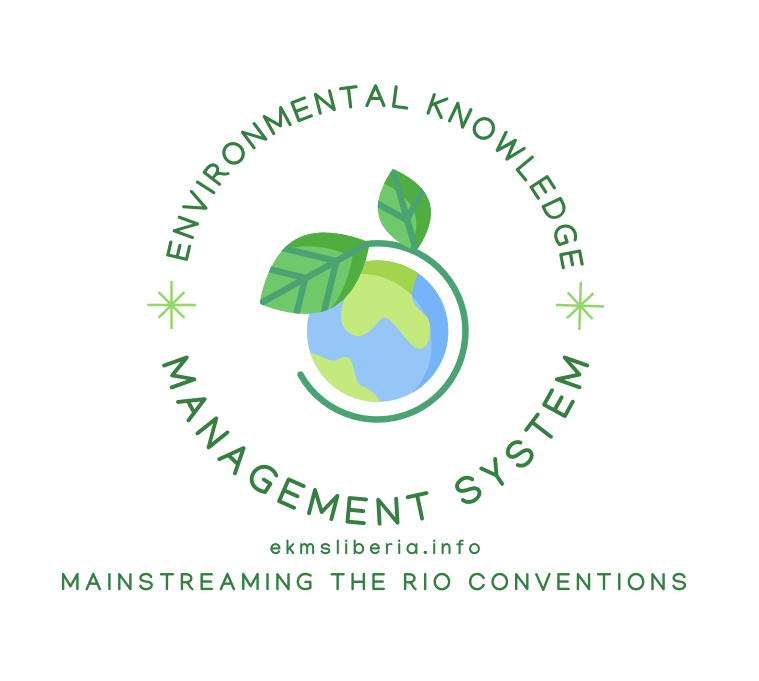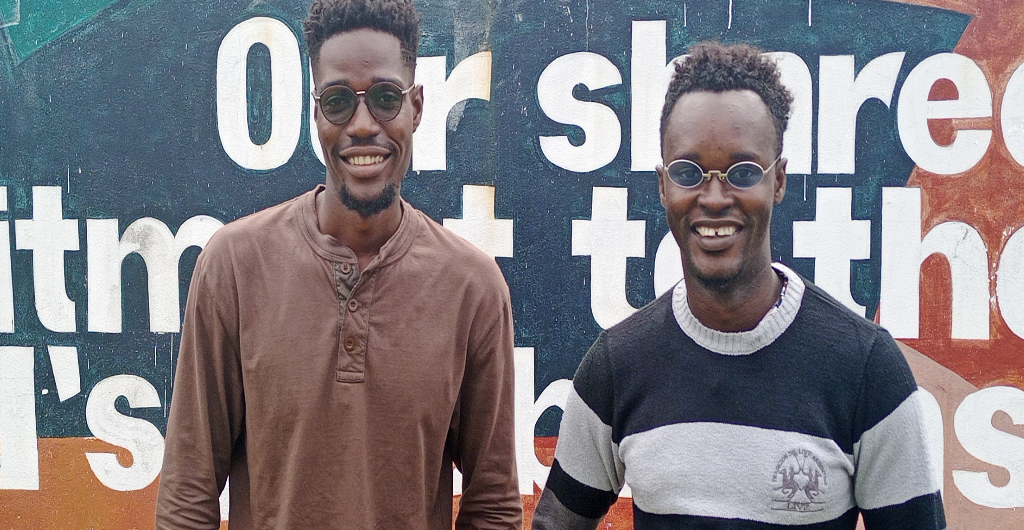Elvis Teddy Thomas and Willie Y. McGill are two youth on a mission to launch the electric kekeh or e-kekeh revolution in Liberia. They both work for Emergi Liberia, a company focused on renewable transportation that uses the sun’s energy instead of gasoline to power kekehs. The company is linked to Emergi BV based in the Netherlands. If you are interested in buying an e-kekeh or want to know more about the technology, Emergi Liberia’s office is located at the Change Makers Village, 2nd Street, Sinkor, Monrovia. Their email address is info@emergi.nl.
Elvis is the Head of Operations and Willie is the Lead Engineer. Richard van Hoolwerff is the Founder and CEO based in the Netherlands. He had the vision a few years back when he saw all the new kekehs plowing the streets of Monrovia causing harm to the environment due to carbon emissions, and said, “Let’s change them to something electric that will be good for the environment.”
Emergi BV in the Netherlands has been in business since 2016 and Emergi Liberia, which focuses on renewable transportation, started in 2019. They currently have a partnership with a Dutch based company called Tux Mobility that is responsible for manufacturing the e-kekeh. Solar Techno is their other partner responsible for the design and development of the charging stations.
The e-kekehs are powered by an integrated solar rooftop and in-wheel electric drivetrain. This allows for high energy efficiency, providing the e-kekeh with a range of up to 130 kilometers per day. The effective regenerative braking system in the vehicle ensures that a substantial amount of the used solar energy can be recuperated back into the battery during braking actions.

Emergi will introduce a business model that will increase the income of drivers. The drivers can lease the e-kekehs and make use of Emergi’s fleet management services, which include ride-hailing, GPS support and mobile money. The e-kekeh’s maintenance costs is very low and drivers will not need to buy gasoline at all. When one makes an investment in an e-kekeh, most of the money earned will be for their profit, not for gasoline and high maintenance. The e-kekeh has a battery, not an Internal Combustion Engine (ICE), so it makes less noise. On average, the ICE kekeh only lasts 2 years, but the e-kekeh lasts up to 5 years.
This year, Emergi Liberia is importing 8 e-kekehs as a pilot to test the road and see what challenges will emerge. Based on the outcomes, they will import 250 or more e-kekehs by 2024. In Liberia’s Nationally Determined Contributions (NDC), one of the targets is to import 1,000 e-kekehs before 2025. However, the government of Liberia needs to have the right policies in place to meet this target. Elvis Thomas, Emergi’s Head of Operations said, “We are willing to work with the government to achieve the NDC target of 1000 e-kekehs by 2025. But currently, the government does not have policies on electric vehicles, parts, waste disposal and charging stations.”

Emergi is only starting with 8 e-kekehs because they want to build the infrastructure first, which will include the availability of spare parts and charging stations. There is a huge market with the ICE kekeh, and they are bringing huge money into the economy. Hence, the government of Liberia may slowly scale down on the importation of ICE kekehs in order to meet its NDC targets. From 2015-2020, 15,000 ICE kekehs were on the streets of Liberia.
Most kekehs are sold on credit making them easy to acquire. The average cost of an ICE Kekeh is $3,000. The 8 e-kekehs Emergi will be importing this year will not be sold because they want to observe all the challenges. Currently, the cost analysis for manufacturing one e-kekeh in the Netherlands is 4,000 – 5,000 Euros. This is because they are manufacturing e-kekehs on a smaller scale.
Emergi plans to recruit all women drivers for the first 8 e-kekehs. They have completed the first round of recruitment and identified the first 3 women. The remaining 5 women will be recruited in the second phase. They will lease the e-kekehs and pay a daily fee to Emergi. The rest of their income is their profit. During the pilot phase, the company will be responsible for maintenance and charging.
Elvis Teddy Thomas said, “Our major goal is empowerment and equal opportunity. Our company’s core values on women rights and gender inclusion are pushing us to change the current mentality.”
Willie Y. McGill, Emergi’s Lead Engineer said, “We are all looking for solutions to climate change and one of the biggest contributors is the automotive industry. We think the introduction of e-kekehs will provide transport services without pollution. This will also help reduce the emission of dangerous gases into the atmosphere, caused by motor vehicles.”

Emergi will also build one solar power station in their office compound on 2nd Street, Sinkor for the pilot. When they scale up importation of e-kekehs, more charging stations will be made available in other locations. “The ICE kekehs have the market, but Emergi is bringing something quite different. Our objective is to provide another choice that is environmentally friendly. Ultimately, the decision to buy an e-kekeh versus an ICE kekeh will be up to the end users,” Elvis said.






